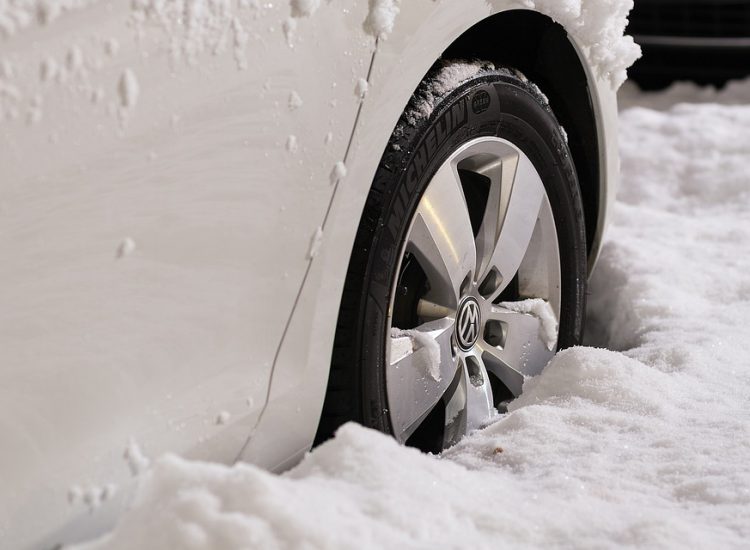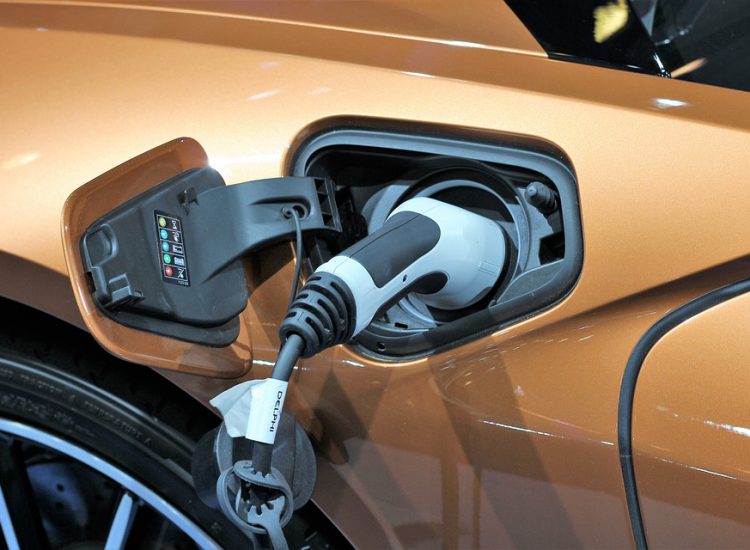You hear it on the radio and TV every day. Some have obscene ads and selling scams. “Push, Pull or Withdraw Your Trade for $4,000 Minimum Trade”, “Best Price in the World!” “Best Bumper Warranty Ever – We Cover It All.” “Resell the car today.” I bet you didn’t know that these ads can be very misleading and are usually illegal.
According to Leslie Anderson, AAA, misleading advertising and deceptive marketing from car dealers has increased in recent years. Car dealers, due to the faltering economy, are resorting to gray market selling and advertising tactics. Many of these ads are either borderline or even illegal in nature. With all the publicity in recent years of scams and illegal business activities by companies from every state, you would think that most states would have tightened up their laws and started cracking down on bad car dealers. Only one state, New York, has really done anything.
There are already laws on the books that make many of these and such ads illegal, but few states would consider these activities. In New York, if you make a push, pull or pull sale, you will likely be fined. The thinking behind New York laws is that if you promise someone a specific number for their car, it shouldn’t factor into the discount or the price of the newer, replacement car. This is a deceptive advertisement. Yet I hear these same ads, with the promise of higher sums on radio and television in North Carolina and South Carolina all the time. Then there is the matter of express and implied warranties.
EXPRESS AND IMPLIED WARRANTIES ARE ALREADY COVERED BY FEDERAL LAWS. Every auto dealer should have a federally approved warranty statement posted in the window. This is to show if a warranty exists and what is actually covered. This was done because there has been a lot of inconsistency in the past with the car seller blurring the line on what is really covered and what is not. On a recent drive from North Carolina to South Carolina, I saw 11 used car dealerships that had no windows—in one we found they were in the glove compartment. When we asked the salesperson why it wasn’t in the window, he said it wasn’t necessary. In New York, every car dealership you drive into or visit will be prominently displayed.
Then you have the usual lies – car dealers who advertise repossession sale, cream puffs, etc… They will lie about building cars just like in the last Carfax ad. This was just a small fender scratch (complete repainting from a 50mph accident) or new upholstery (from a full flood and dunk). These restoration sales, such as Repo Joe’s, are doing a Blitz to the media and claiming they have all the restored vehicles for a great buy. When in fact they don’t even have a single car for sale. Most car dealers get their cars from local trade-ins or auctions.
No matter what they claim they most likely don’t know the history of the vehicles. You can’t even rely on Carfax 100% as many vehicles are repaired without a full salvage disclosure or even any repair history. A carfax report is only as good as the information that is actually entered into the system. Before you rely on Carfax or what the dealer says is automotive history, listen to this—Tennessee attorneys Frank Watson and David McLaughlin charge that Carfax ads promise more than they can deliver. “Carfax fails to disclose their database limitations,” says Watson. “People think they have a little bit of an insurance policy on their Carfax report, and it’s not accurate,” says McLaughlin. Carfax is an online company that searches databases for vehicle history, claiming to be “your best protection against buying a used car with expensive, hidden problems.” But, critics say, when it comes to many incidents, online reporting companies fall short. A class action lawsuit against Carfax alleges that the company does not have access to police incident data in 23 states.
This article should be a wake-up call for car buyers to be more alert to car dealership scams, lies, and lies. It should also be a wake-up call to states from Oregon to Florida that more needs to be done to curb bad car sales tactics. Most auto dealers are not small mom-and-pop establishments. They are big multimillion or billion dollar companies that will do anything to make a dollar. Even crossing the line or blurring out what is legal and what is not. And according to a top dealer in Charlotte, North Carolina who didn’t want his name or agency to be named for obvious reasons—”It’s all about that bottom line and if we get caught, that’s what our lawyers do. For every other auto dealer,” it’s the buyer’s market warn: Buyers should be careful and be investigative, too. “











